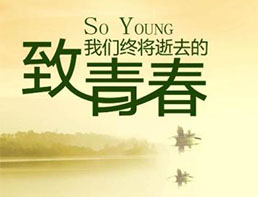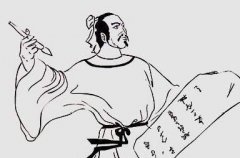Strength of cultures: East and West
SPEAKING at the Third Joint Meeting of the Chinese Physics Societies held in Hong Kong recently, Nobel Laureate Prof Yang Chen-ning talked in particular about how Chinese culture — or Eastern cultures in general — would affect the development of science in the 21st century. To him, the issue will be an extremely complex one.
On the one hand, Eastern societies traditionally value education and family ties, attaching great importance to the upbringing of their young.
Among scientists and technologists worldwide, said Prof Yang, those of Asian origin would undoubtedly emerge as a vital contigent with their distinctive contributions to the rapid advancements in high technologies.
On the other hand, Eastern people differ from Westerners in some cultural traits, Prof Yang pointed out. For example, physicists in the United States are generally bolder in putting forward fresh views and challenging existing authorities.
And almost all scientists there are "aggressive", said the Nobel Laureate. The epithet has no Chinese equivalent, he noted, probably because "aggressive" ways and attitudes are missing in Chinese culture.
The nearest translation of the English word would mean, roughly of course, "radical" or "offensive" to the Chinese mind. It could also be construed as a term describing the way a bold and enterprising person acts.
At the threshold of the 21st century, Singaporeans would do well to grasp both the strengths and weaknesses of the Eastern and Western cultures.
As a newly-emerging nation in Asia, Singapore is characterised with multiracialism and influenced by Western culture and technology. Hence the particular need for an in-depth understanding of the cultural divergence and compatibility between East and West.
The strength of the Eastern tradition, as pinpointed by Prof Yang, lies in its emphasis on education and family ties. That explains why numerous talented Asians have been brought up in the fields of science and technology.
For thousands of years the values of propriety, righteousness, integrity, and honour as advocated in Confucianism have well taken root in Eastern societies. Definitely this is a worthy tradition.
Yet, to adapt to the coming new era, shouldn't we re-define and re-interpret our time-honoured tradition and values?
For example, our experiences over the past years show that, in Singapore as well as in the West, one is tends to suffer disdvantages while emphasising modesty and generosity.
That is because we are competing with academics brought up in the Western tradition, who are good at projecting their fortes to the fullest.
What is immodesty in the Eastern ethics has thus become an advantage in reality. So there is some merit in the Western way — one can hardly survive, let alone thrive, without highlighting one's own achievements and potentials.
Then, is the Eastern ethics entirely incompatible with today's high-tech society? The answer is "No", because many factors besides individuals' intelligence are necessary for advancements or breakthroughs in science and technology.








